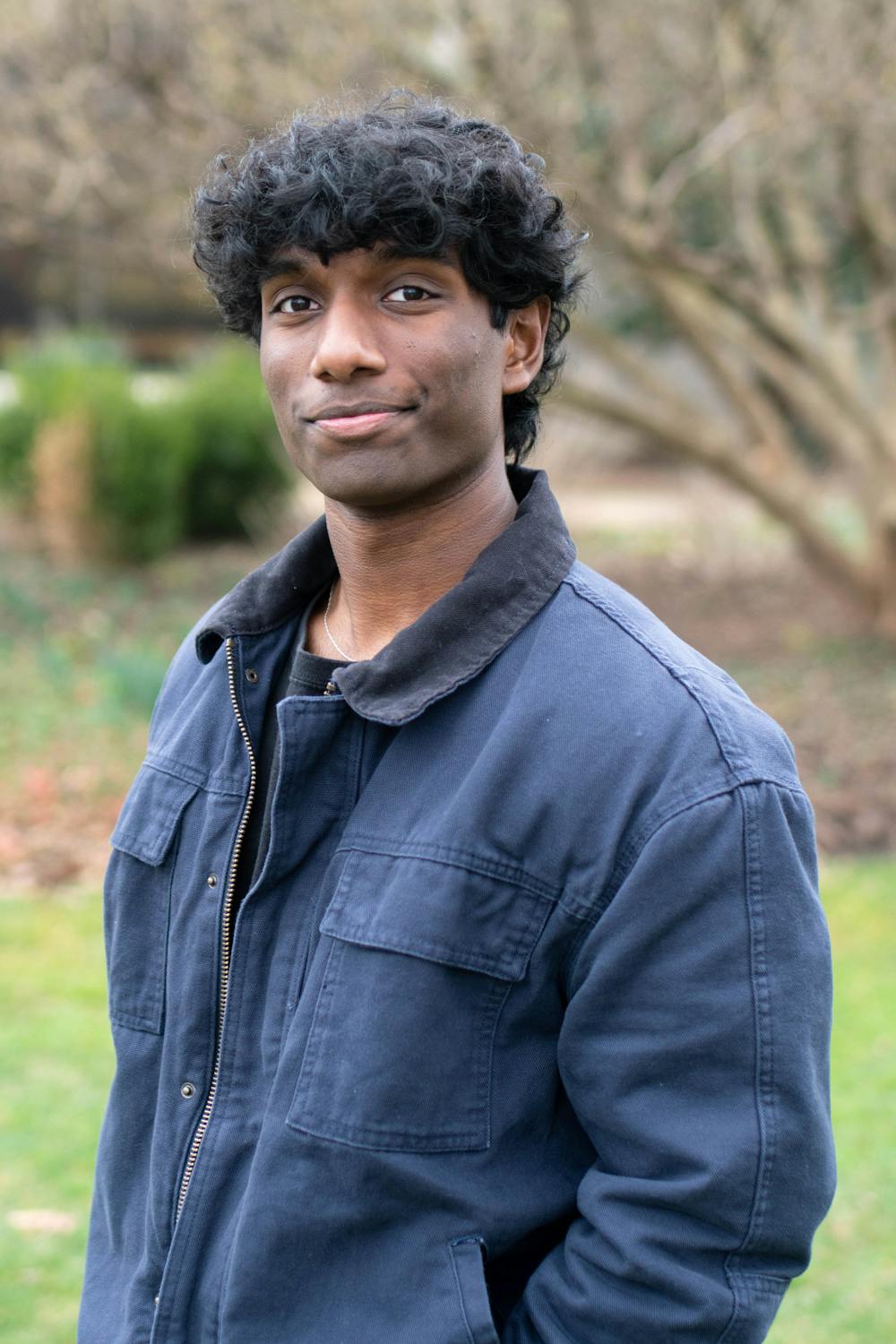The following piece is an opinion and does not reflect the views of The Eagle and its staff. All opinions are edited for grammar, style and argument structure and fact-checked, but the opinions are the writer’s own.
It is important to have adequate campus security for any college in a major U.S. city. While American University's campus security may provide peace of mind to students, certain aspects of AU’s operations, like excessive barriers to entering buildings, can be inconvenient and fail to consider student lives. By meaningfully communicating with students, the University can improve student life while maintaining a safe campus. Through creating a culture of discussion, the University also avoids miscommunications that could have more consequential results.
In the University’s dorms, students must scan their student ID three times before they make it to their room. First, a student scans to enter the building, then to access the elevator or stairs and finally to enter their dorm. When visiting a dorm building a student is not a resident of, the student must be checked in by both a desk receptionist and the student they’re visiting. The dorms on East Campus are only a couple of steps away from each other, but students still need to be checked into each building by a desk receptionist. These excessive processes are tedious for all parties involved.
So, what are some solutions to this issue? The most simple one would be allowing all American University students access to the dorm halls. However, this solution may be a security risk for certain buildings.
Another potential solution could be allowing students access to dorms within their section of campus. Students living in the freshman dorms — Letts, Anderson and Centennial Halls — have access to all the freshman dorms in the LAC quad. Though these dorms are connected, this principle can be used for other dorms. Students on East Campus should be able to access other East Campus buildings. This would allow for a more convenient campus, both for students and desk receptionists, who are often also students.
Another issue relating to campus security concerns McDowell Hall. At 11 p.m., the doors to McDowell Hall close for the night, according to signage posted on the front doors. Students living in McDowell must then scan in at the doors of Leonard Hall since the two dorms are connected. This happens because the front desk is closed and not staffed from 11 a.m. to 7 a.m.. This process is simply inconvenient for students. It is also slightly confusing, given that students can enter Letts, Anderson and Centennial at any entrance, even though the dorms are connected.
Students in McDowell should not have this extra inconvenience that is unique to their building. Like every other on-campus dorm, McDowell should have security guards or desk receptionists at all times.
These issues may not seem very pressing or consequential. However, they each have a simple solution, making the inconvenience of current protocols unnecessary. The lasting nature of these issues indicates a larger problem — that the University's administration does not know about issues that affect students. These issues need to be addressed to avoid future miscommunications that might be more consequential, such as issues related to the health center or academic planning.
So, how can the University learn about issues that affect students? The main way is to simply consider student voices before making administrative decisions that impact them. If people considered that students on East Campus might visit each other in different dorms often, they would likely give all East Campus students access to other East Campus dorms. A more substantial solution is to have an online form where students can voice their opinions on certain issues.
Excessive campus security protocols interrupt the day-to-day lives of students. Issues relating to this have simple solutions that have not been implemented, demonstrating a lack of communication between students and the administration. By considering students’ lives and using tools such as forms, the administration can improve student life on campus.
Avyay Sriperumbudur is a sophomore in the School of Public Affairs and College of Arts and Sciences and a columnist for The Eagle.
This article was edited by Alana Parker, Rebeca Samano Arellano and Abigail Turner. Copy editing done by Luna Jinks, Ella Rousseau and Charlie Mennuti.





